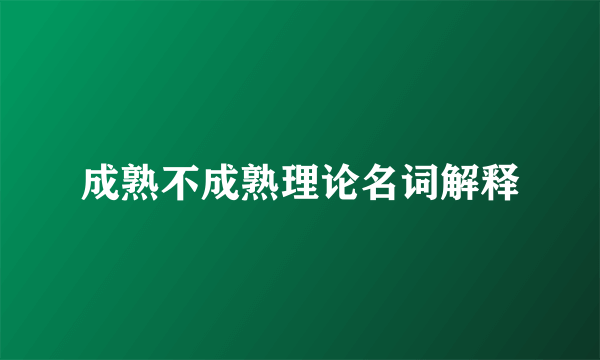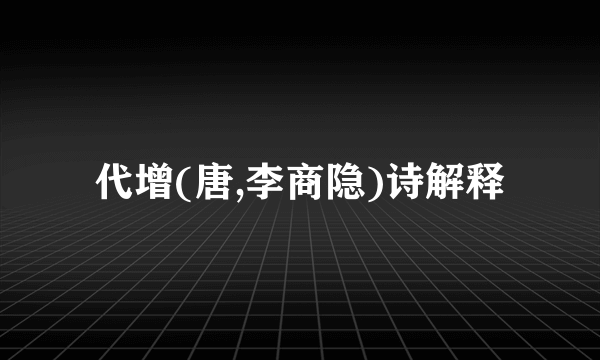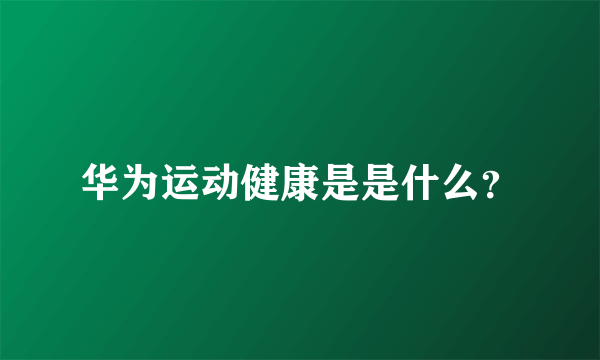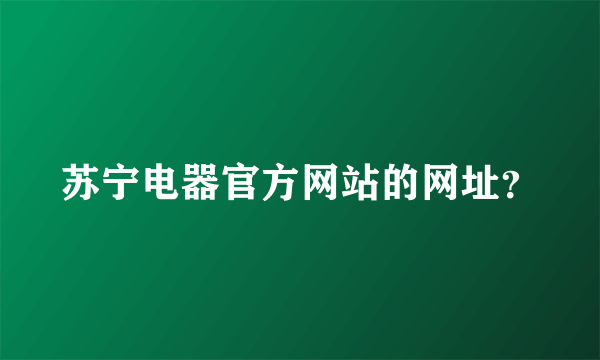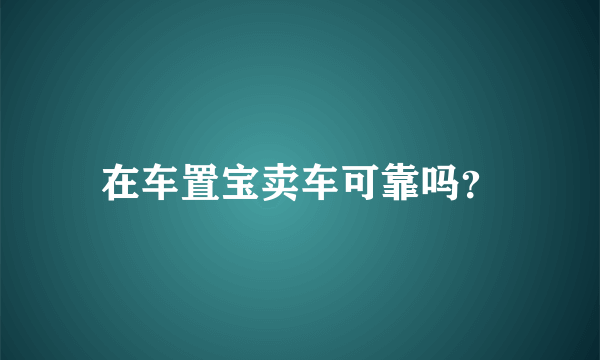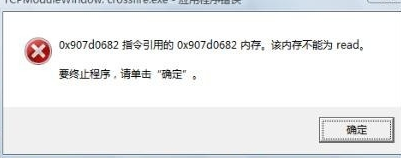英语“普通”的解释
的有关信息介绍如下: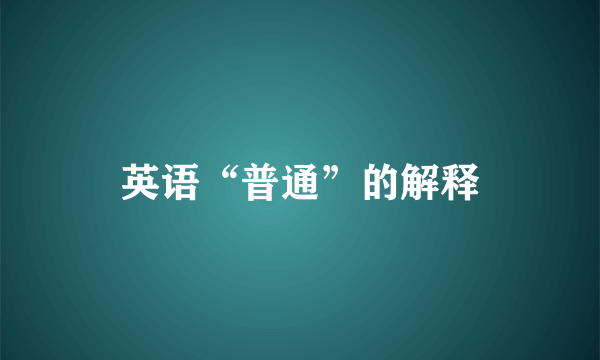
1) common “普通的”,“平常的”,“共有的”,指从质量或品德上无特殊,显眼或杰出之处,因而是大多数人或事物所具有的,常见的。 It’s an error quite common among schools. This flower is common in spring. 2) ordinary 指符合一般或常规事物标准或相同的规格,因而只具有普通的特性。例如: Although he is rich, he is always in ordinary dress. common与ordinary基本同义,强调“平凡的,普通的”,表示随时可以碰到,不值得惊奇。如: an ordinary ( a common) event 常有的事情 an ordinary (a common0 person 一个普通的人 3) normal 表示“正常的,常态的,正规的”,相对于非正常而言。例如: Do you know the normal temperature of the human body. His growth is normal for that age. 4) usual 通常与人的行为习惯有关,含义为“惯常的,通例的”。例如: Tea is considered to be the usual drink of British people. He arrived later than usual. Common 用于是通常的、常发生的、广泛使用或众所周知的: a common problem; 共同的问题; a common thief; 普通的小偷; the common dandelion. The term also suggests lack of distinction and can imply coarseness or crudeness: 普通的蒲公英。 此词条也暗示缺乏区别并能意指粗劣或未加工: drank wine of the commonest sort; 最为普遍的饮用葡萄酒; had a very common look about him. 他有着很普通的外表。 Ordinary describes what is of the usual kind and is not distinguished in any way from others. In the latter sense it is sometimes derogatory: Ordinary 指种类普通且不能从其他中加以区别的。在后一意义上,它有时是贬义的: A ballpoint pen is adequate for most ordinary purposes. 原珠笔适合最普通的用途。 The violinist gave a very ordinary performance marked by an occasional memory lapse. 小提琴手因偶然记忆失误表现很平常。 Normal stresses adherence to an established standard, model, or pattern: Normal 强调符合已建立的标准、模型或方式: normal body temperature; 正常体温; normal curiosity. 正常的好奇心。




